CATIE Belize
Belize is a member of CATIE since 1994; however, even before that date, CATIE developed activities in the country, contributing with innovative and timely responses to demands f rom the government and the private sector in the country. Below we are an update of CATIE´s action in Belize over the last years, in relation to project implementation, training and graduate education.
WHAT DOES CATIE OFFERS FOR THE COUNTRY?
CATIE can help the country in the following areas: knowledge management, training in human resources, rural development, extension, family farming, agroecology, cacao and coffee agroforestry systems, sustainable intensification of livestock production, forest management, climate change adaptation/mitigation, water balance and security, and information platforms for holistic territorial analysis, among others.
POST-GRADUATE EDUCATION
Since CATIE’S creation:
- 15 MSc graduates (8 males and 7 female). In Phytoprotection, Biotechnology, Environmental Administration and Management, Agroforestry, Management and Conservation of Tropical Forests and Biodiversity, Environmental Socioeconomics, Agriculture Ecology, Economy, Development and Climate Change, Agroforestry and Sustainable Agriculture, Management of Agribusiness and Sustainable Markets, Management and Management of Hydrographic Basins (virtual) and Agroecological Intensification and Nutritional Food Security (virtual).
- There are 2 females students currently enrolled in a virtual master's degree in Management of Agribusiness and Sustainable Markets.
PROJECTS AND RELEVANT ACTIVITIES
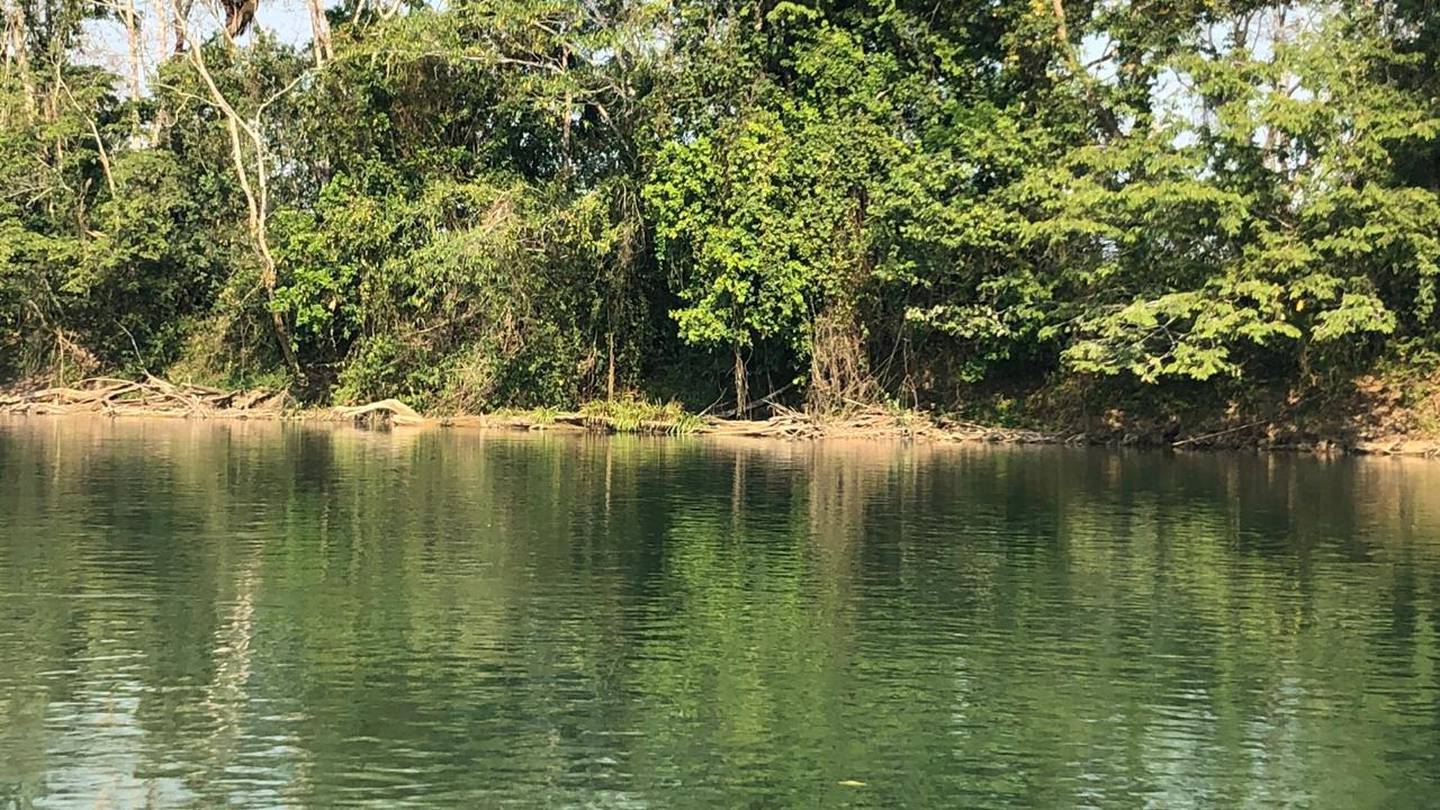
Climate Vulnerability Assessment for each priority area identified in the Resilient Rural Belize (RRB) Program. 2021.
• A report was prepared of the participatory Geospatial analysis of livelihood and infrastructure of interest.
• A report of participatory risk assessment for other areas was prepared.
• CATIE team conducted 8 workshops to gather perception and information from 246 smallholder farmers concerning the geospatial analysis of their livelihood and infrastructure of interest and risk assessment on the impacts of climate change.
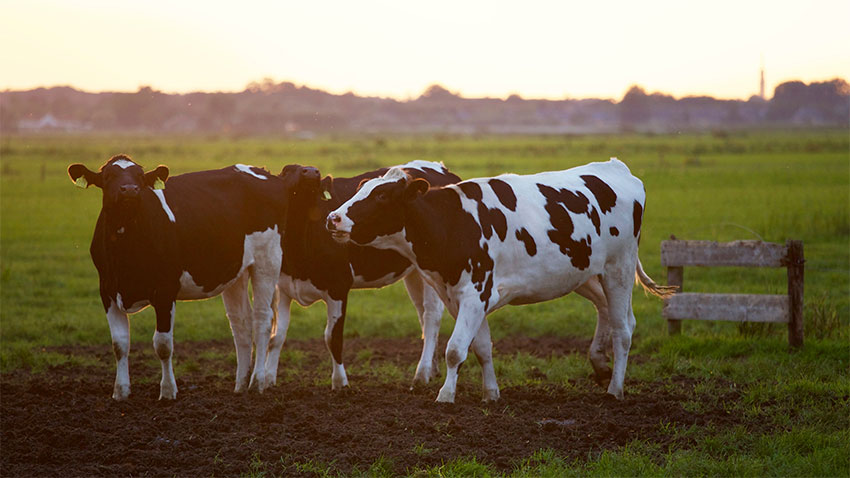
Improving Livestock Productivity and Climate Resilience in Belize: A Summary of Lessons Learnt. April 2022-project funded by IDM
There were several achievements in this projects:
• This project established model farms with silvopastoral interventions to scale up improved technologies and it trained 25 technical staff and 65 farmers.
• There was a testing of 10 silvopastoral innovations in at least one of the 10 model farms identified by BLPA in three districts.
• There was a methodology for the Participatory Design of Climate-Smart Livestock Production Systems based on farm baseline information.
• A report was prepared on Lessons Learnt of Best Practices for Increasing Resilience in Belizean Livestock Farms.
• A report on Potential Opportunities for Climate-Smart Livestock Intensification through Public-Private Cooperation in Belize was prepared.
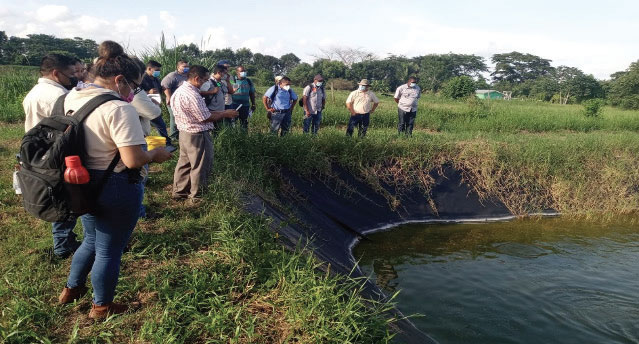
Climate Smart Agriculture Capacity Building Program: Training of Trainers august 2021 to April 2022
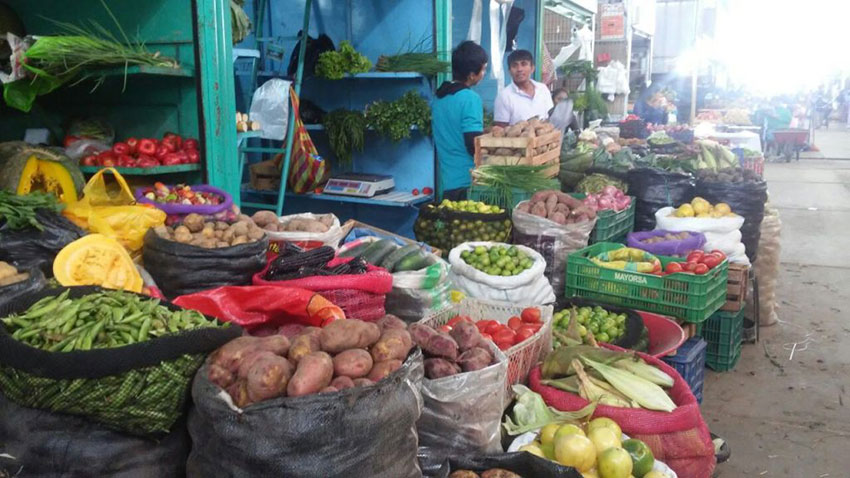
Value Chain and Market assessment for Resilient Rural Belize. April 2022
The results of the consultancy were:
• The Implementation of a value chain market assessment that identified potential points of interventions and related actions within the priority value chain that provide substantial and sustainable returns to the program target beneficiaries in each priority area.
• Provide input to the development of the infrastructure and production plans for each priority area.
• More than 104 participants in several workshops about VCMA.
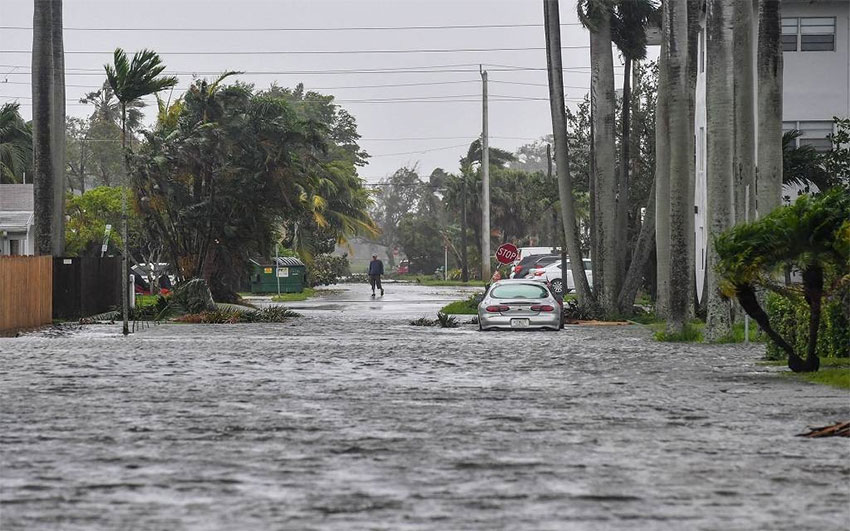
Use of Nature-based Solutions to Increase Resilience to Extreme Climate Events in the Atlantic Region of Central America
STRATEGIC PARTNERS
The impact of our efforts is scaled up thanks to a network of partners in different sectors. Since CATIE started activities in Belize, we have established partnerships with more than 25 institutions in the public and private sector: including academia, government and non-go-vernment institutions, rural communities and farmers organizations, and the international cooperation.
FUTURE ACTION IN THE COUNTRY
CATIE has supported countries to access climate finance through mechanisms such as the GEF, the Adaptation Fund, and the GCF. Since 2015, support has been provided in the design of NAMAs, especially for livestock, coffee, rice, and Musaceae in Costa Rica, Honduras, and Colombia. In addition, as an education center, it develops training activities, including climate finance. In the last four years, it has designed and implemented five international virtual diploma courses on this subject in Costa Rica, El Salvador, and Ecuador, training more than 120 professionals. Due to this experience, a new proposal called Climate Finance Training for Belizean Institutions has been submitted. The participants of this course will be able to apply what they have learned and contribute to the management of climate finance in Belize.
More information:
Hellen Choco
helen.choco@catie.ac.cr
